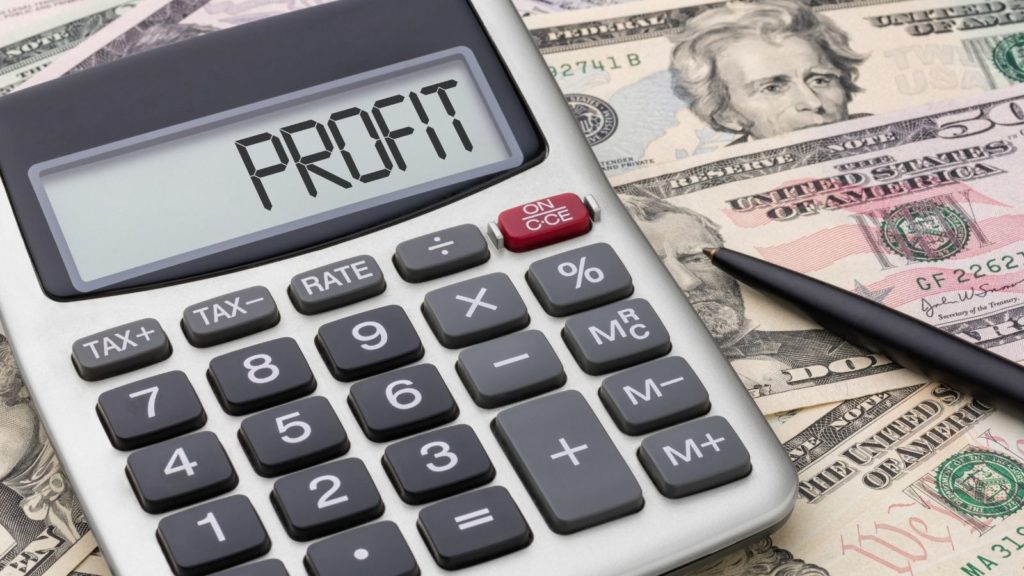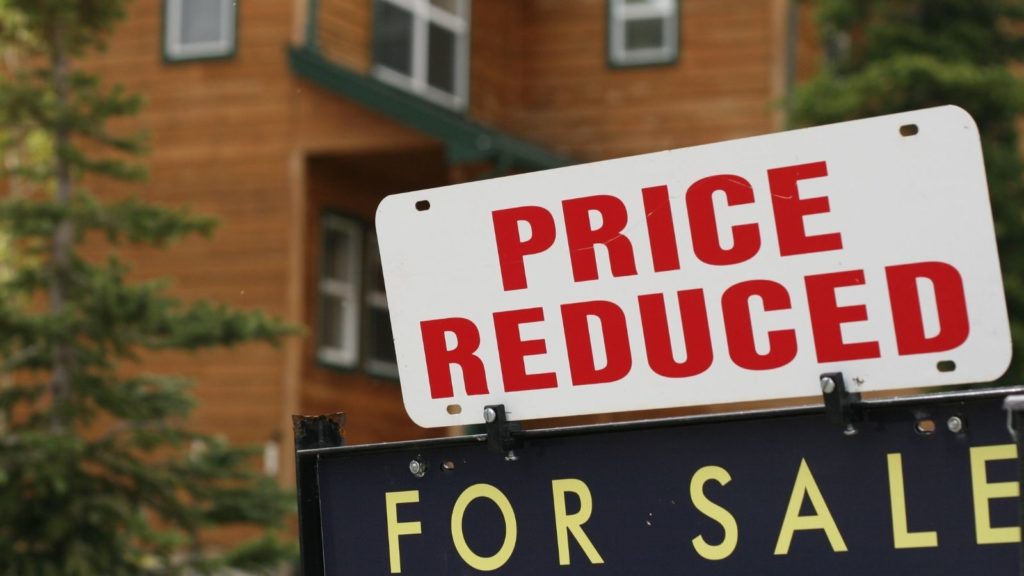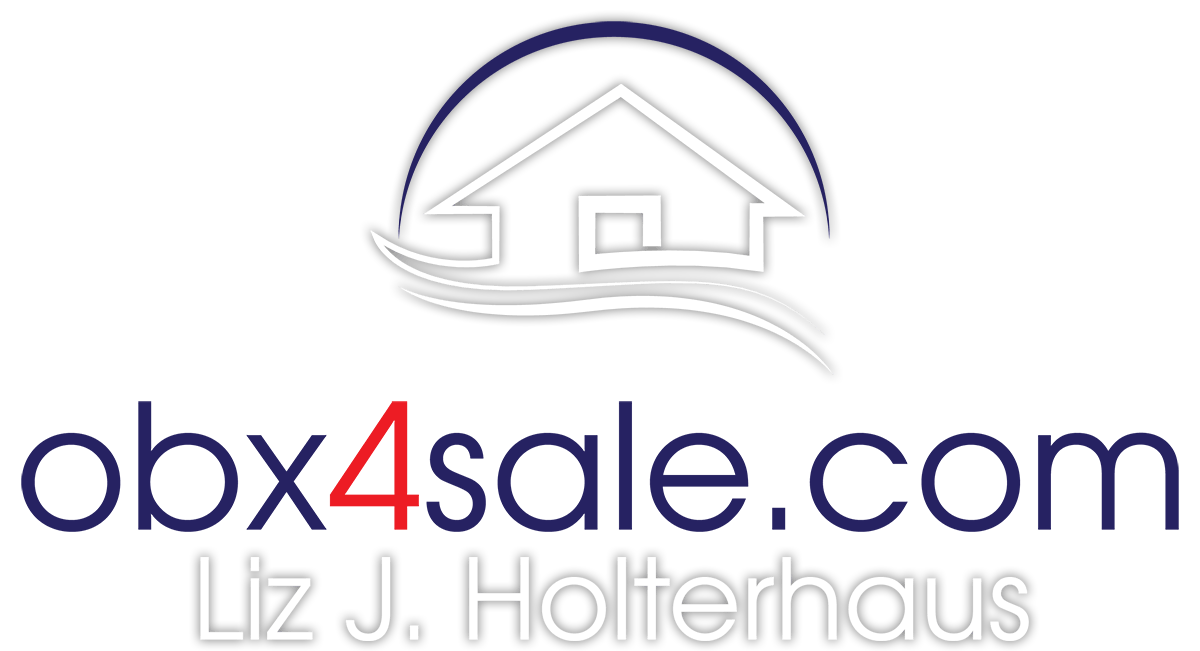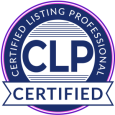Home sellers need to do a lot more than just list their house. They need to have their property advertised and marketed to generate interest. Sellers are usually preparing for showings while simultaneously researching other neighborhoods and homes that they would consider living in.
Some sellers wonder if they will need to pay taxes on the home that is being sold. The answer to that question isn’t the same for everyone. The amount that the property sold for, where you live and any applicable exemptions are just a few of the factors that will come into play.
Selling a home in North Carolina can take time. Even if you have a buyer who’s ready to move in as soon as possible, the entire process might not be finalized for a few weeks or months. There are specific actions that must be taken and different professionals will become involved at certain stages. You could even run into unexpected delays or other problems along the way. Patience, determination and a solid plan of action can help you succeed.
Here are a few essential steps that you can take when determining any taxes that will be due once your home has been sold:
1. Calculate your profit.
The first thing that you should do is to determine how much you made from the sale. Start by figuring out your cost basis. Cost basis is the amount that you bought the property for plus any expenses that were incurred for home improvements. For example, if you purchased the house for $300,000 and spent $50,000 on home improvements, your total cost basis would be $350,000.

Your net proceeds from the transaction will be the sale price less any costs that you paid. For instance, let’s say that you sold your home for $450,000 and paid $20,000 in closing costs and other fees. This would leave you with net proceeds of $430,000.
To calculate your net income from the sale, all you need to do is to subtract the cost basis from your net proceeds. In this example. we would take the net proceeds of $430,000 and subtract the cost basis of $350,000, which leaves us with net income of $80,000. Only net income of $250,000 or more for individuals and $500,000 and above for married couples filing jointly can be taxed. In this instance, the sellers would not have to pay any taxes on the sale.
2. Determine if you qualify for any exemptions.
The above-mentioned exclusion may be claimed in some situations. To qualify, you’ll have to meet the following criteria:
- This exclusion cannot have already been used on another property that you owned within the last two years. This may be a hindrance for people who buy homes to renovate and resell them quickly.
- You must have claimed the house that was sold as your main residence for at least two of the last five years. Rental properties, vacation homes and other houses with secondary uses may not meet the requirements.
- You must also have owned the home that was sold for at least two years. You can’t claim this exemption if you only owned the residence for less than two years.
3. Check into reduced home sale exclusions if necessary.
There may be some instances in which you could rightfully claim a reduced exclusion for the home sale on your income taxes. For example, sellers who only used that particular property as their main residence for one year may be able to deduct up to $125,000 from the transaction profit if they qualify.

Changes in health or employment are common reasons why sellers pursue reduced home sale exclusions. Just be aware that you may be asked to provide reasonable proof or evidence for your claim. Hospital bills and employment documentation may be necessary in those situations.
4. Sales on Seller’s income tax form
Most home sales have to be reported in the seller’s income tax form, even if they didn’t make any money or are not required to pay any taxes on the transaction. You should receive a 1099-S form after the sale has been completed. This is the correct form where this information should be recorded.
The only reason why you wouldn’t need to report the sale on your taxes is if the closing company has been convinced that your profit from the sale won’t be taxed. If your net profit exceeds the maximum amount allowed for a capital gains exclusion, it will need to be identified. This will be listed in the Schedule D section of your income tax forms.
Talk to your tax preparer or accountant if you have any questions or concerns about taxes that may be associated with your home sale. The state of North Carolina currently imposes an excise tax on home sales as well. This tax is $2.00 per every $1,000 of the sale price of the house. Home sellers usually pay this tax, but it can be negotiated with the buyer and will be paid according to the exact terms and language that is included in the purchase agreement.
Conclusion
Taxes aren’t always pleasant, but they’re a vital component of almost all real estate transactions. They should be properly recorded, filed and paid during the fiscal year in which they are due. Failure to provide accurate information or to pay your taxes in a timely manner could result in fines or other legal repercussions.

Figuring out your cost basis and net income should be relatively simple. Keep any and all receipts for any costs that were incurred for any improvements that you made to the residence before it was sold. This will make determining that information much easier.
You shouldn’t have to worry about taxes on that property afterwards. That responsibility will belong to the new owners. It’s one less thing to worry about. You can relax and concentrate on the next phase of your busy life, now that you’re settled and establishing roots in another location.
Have Questions? Ask Liz!
Your real estate agent is the best source of information about the local community and real estate topics. Give Liz J. Holterhaus a call today at (252) 202-2156 to learn more about local areas, discuss selling a house, or tour available homes for sale.




